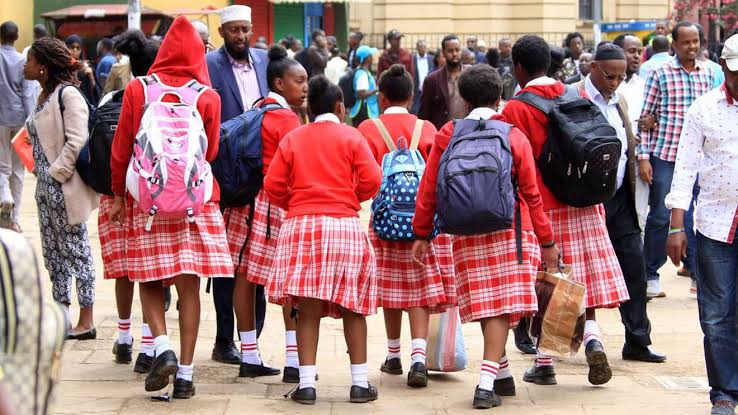The government, through the Ministry of Education, has issued new guidelines to parents across the country as schools prepare to reopen next week.
Basic Education Permanent Secretary Dr. Belio Kipsang has directed all parents with children enrolled in the 348 schools that were closed last year to transfer them to other institutions immediately.
He emphasized that any school failing to meet the Ministry’s preparedness requirements would not be allowed to reopen.
Speaking during a press briefing on Friday, January 3, Dr. Kipsang stated, “Any school that has not met the necessary safety and preparedness levels will not be permitted to continue operations.
For those schools that will remain unprepared, we have already instructed parents to find alternative schools for their children.”
The 348 schools were shut down after being found to have unsafe dormitory conditions, which posed serious risks to learners.
These institutions had violated the provisions outlined in the Safety Standards Manual for Schools in Kenya (2008).
Dr. Kipsang clarified that only schools that have completed repairs and implemented safety adjustments according to the ministry’s standards will be allowed to resume operations.
Education officers will inspect these schools to ensure full compliance before they can reopen.
In Kisii County, out of the 17 private schools flagged among the 348, only 10 have managed to meet the required safety standards, while the remaining schools are still lagging behind in implementing the necessary adjustments.
Dr. Kipsang explained that some schools needed only minor changes to comply with the regulations.
“For some institutions, the adjustments are minimal, such as re-registering to officially reflect their boarding status.
The key factors reviewed during inspections include proper exit points in boarding facilities, the presence of fire extinguishers, and other essential safety measures,” he elaborated.
The Ministry launched this safety compliance review following a series of school fires that occurred in 2024, particularly during the third term.
These incidents raised concerns about the safety of learners, prompting the ministry to inspect all boarding schools.
As a result, 348 schools were instructed to halt normal operations until they could meet the required safety standards to ensure the protection of all learners.


